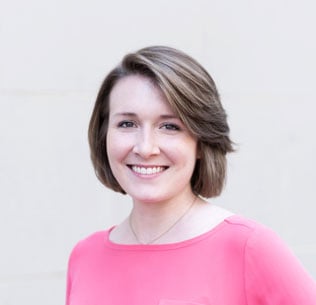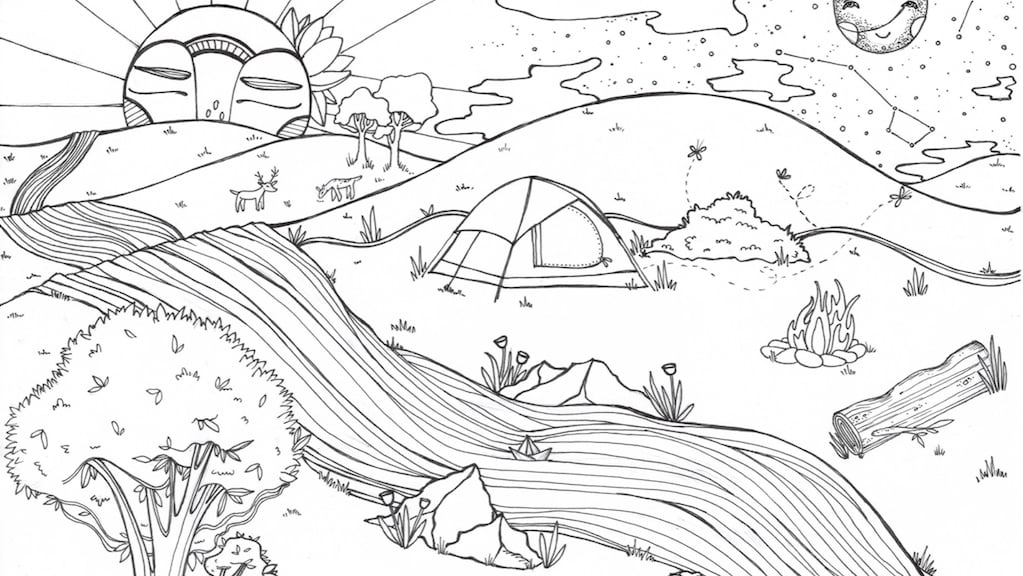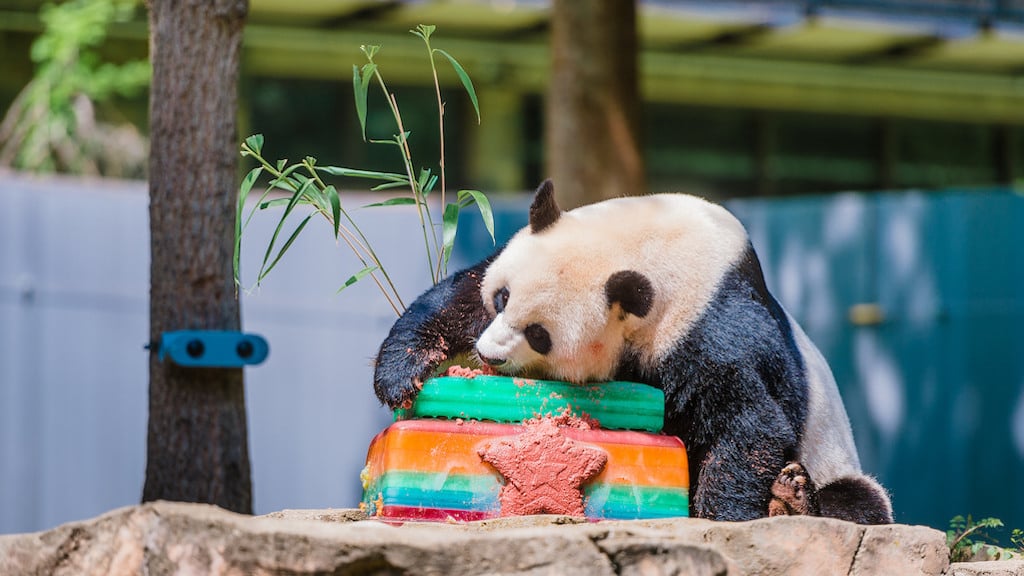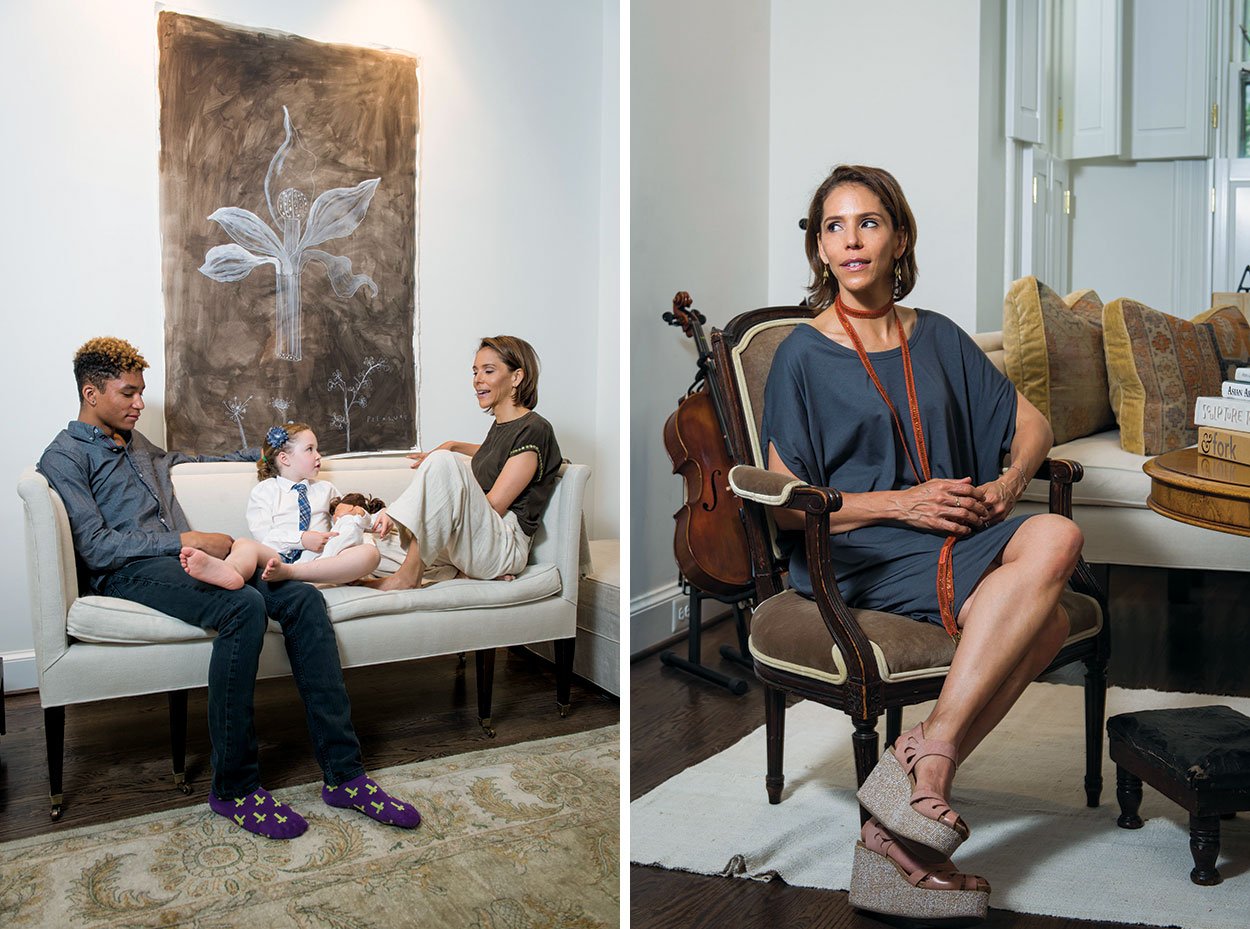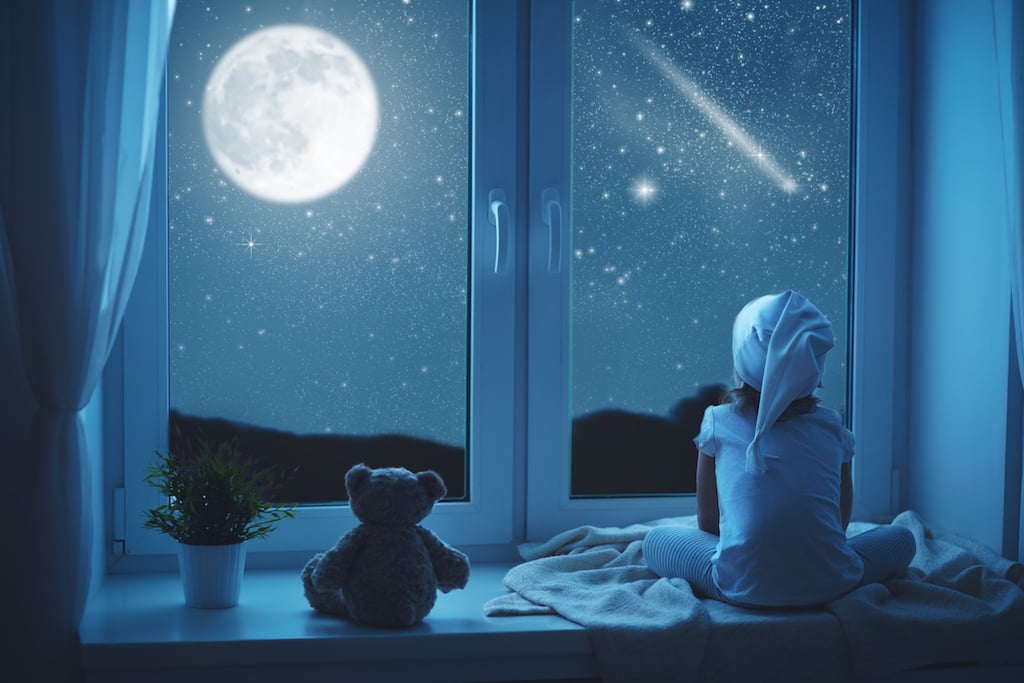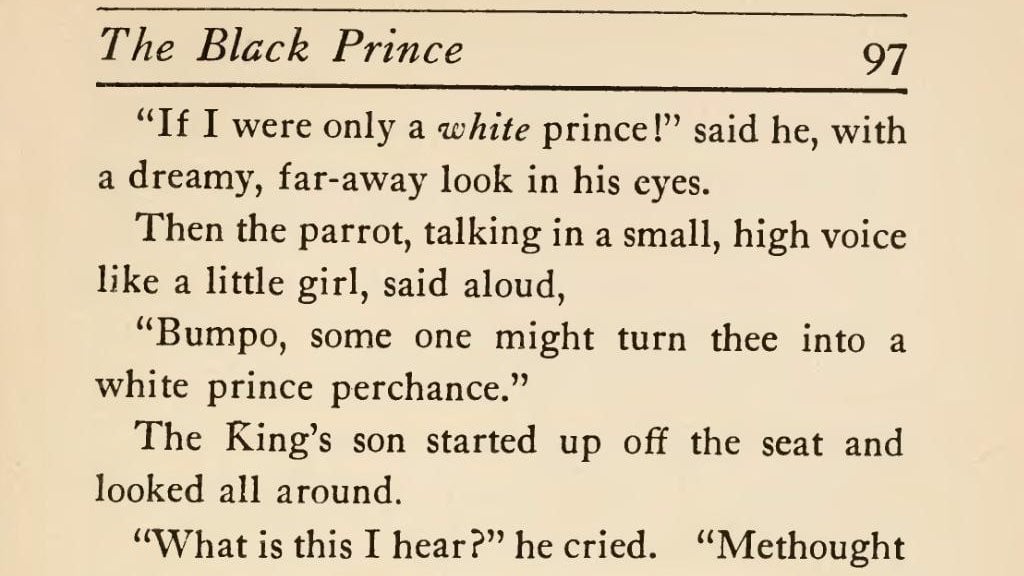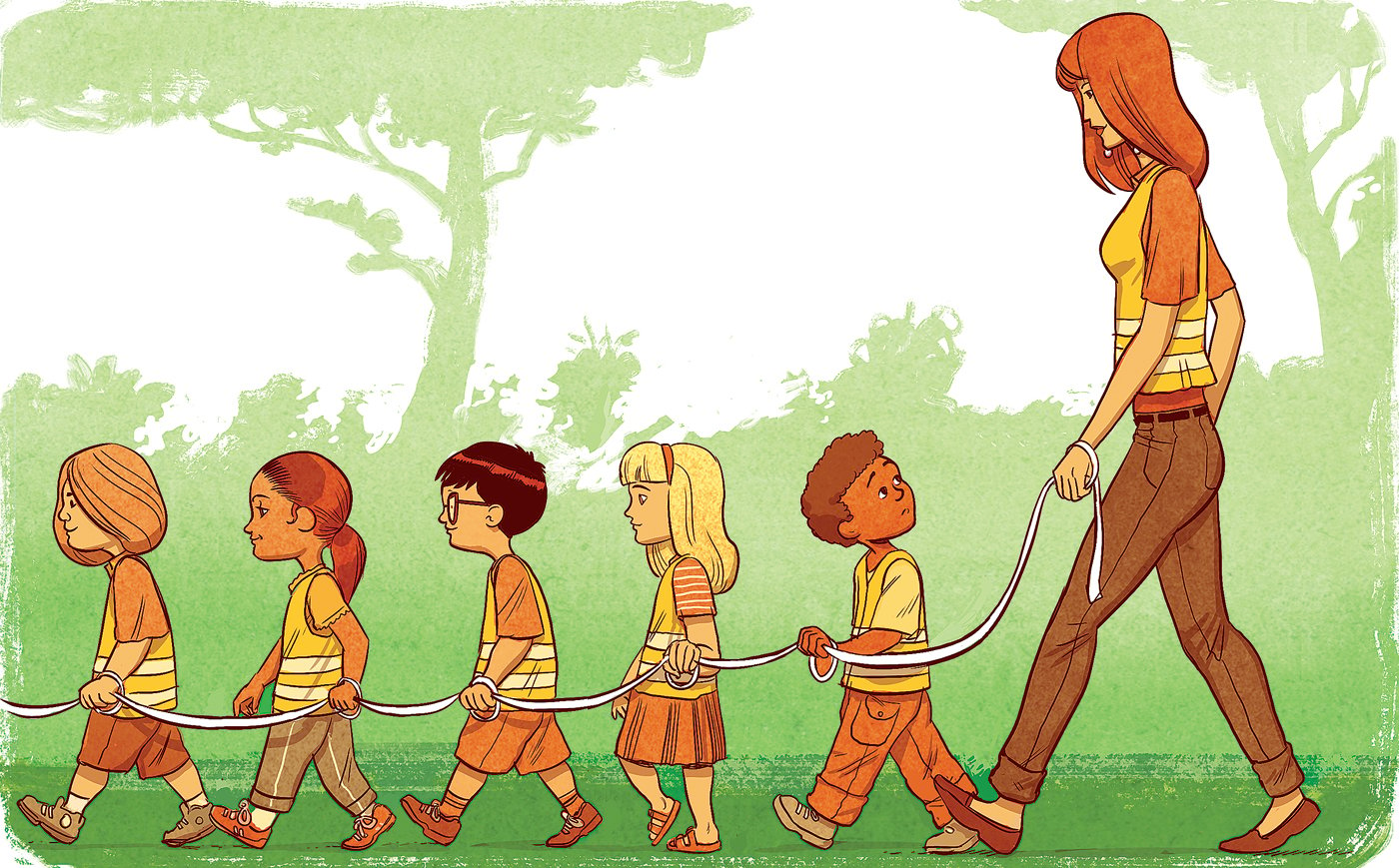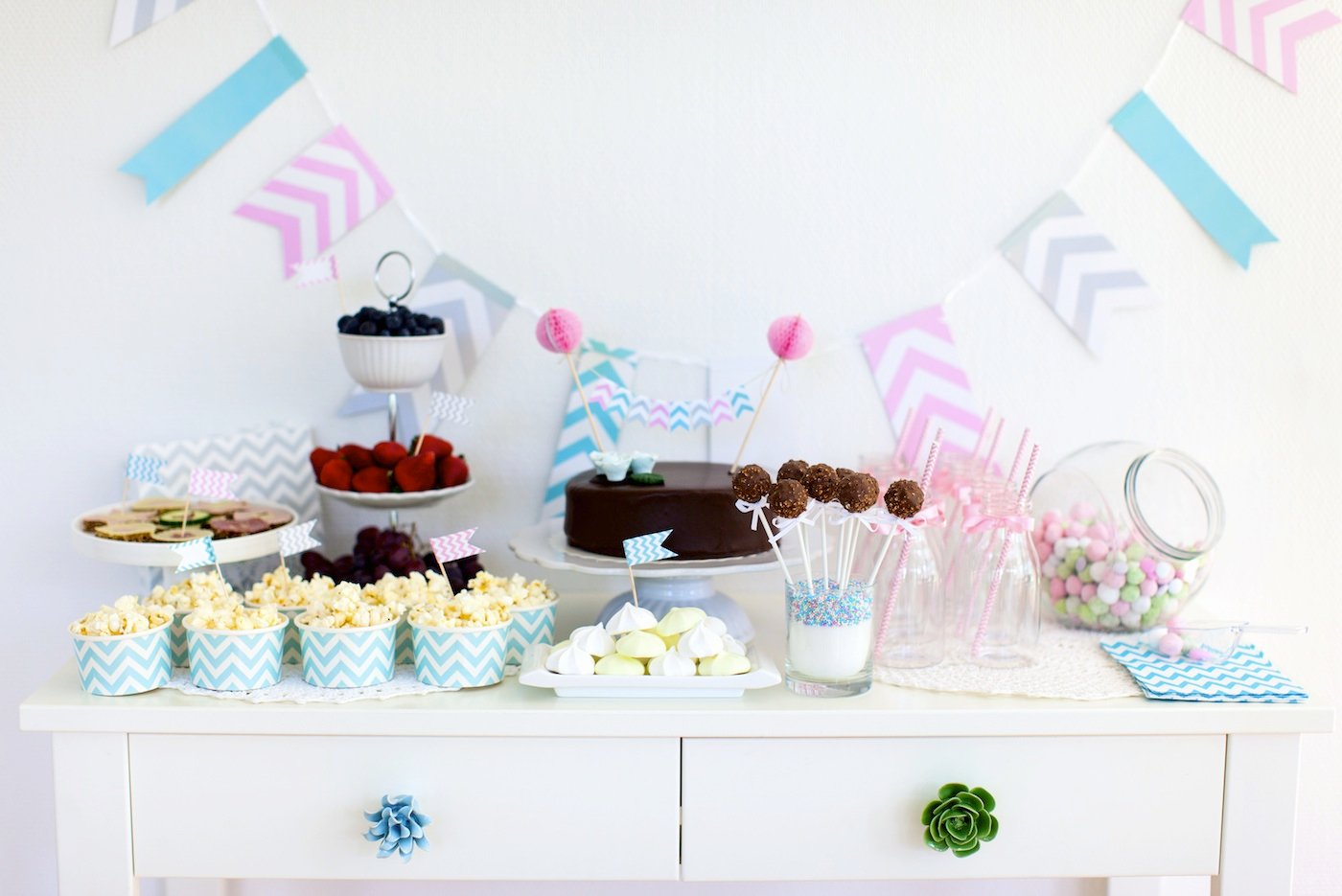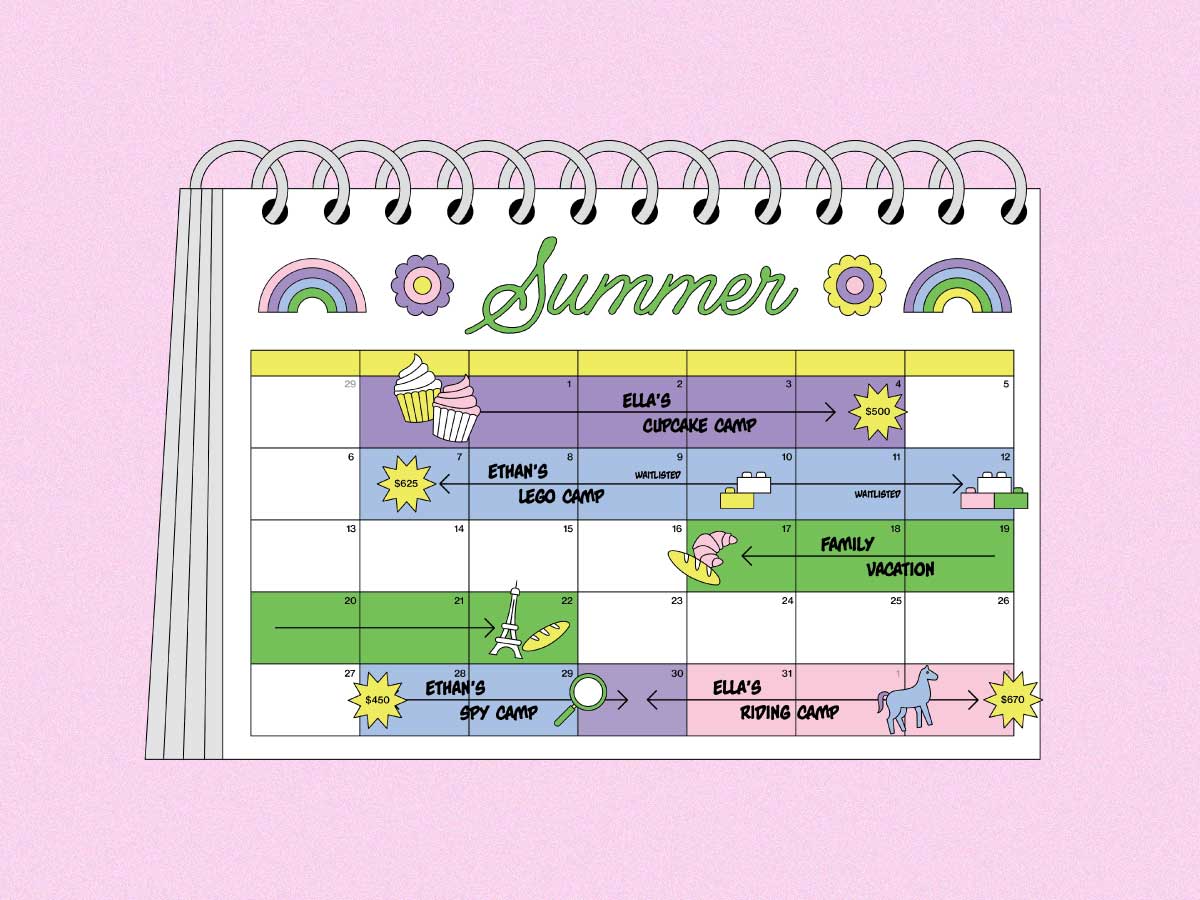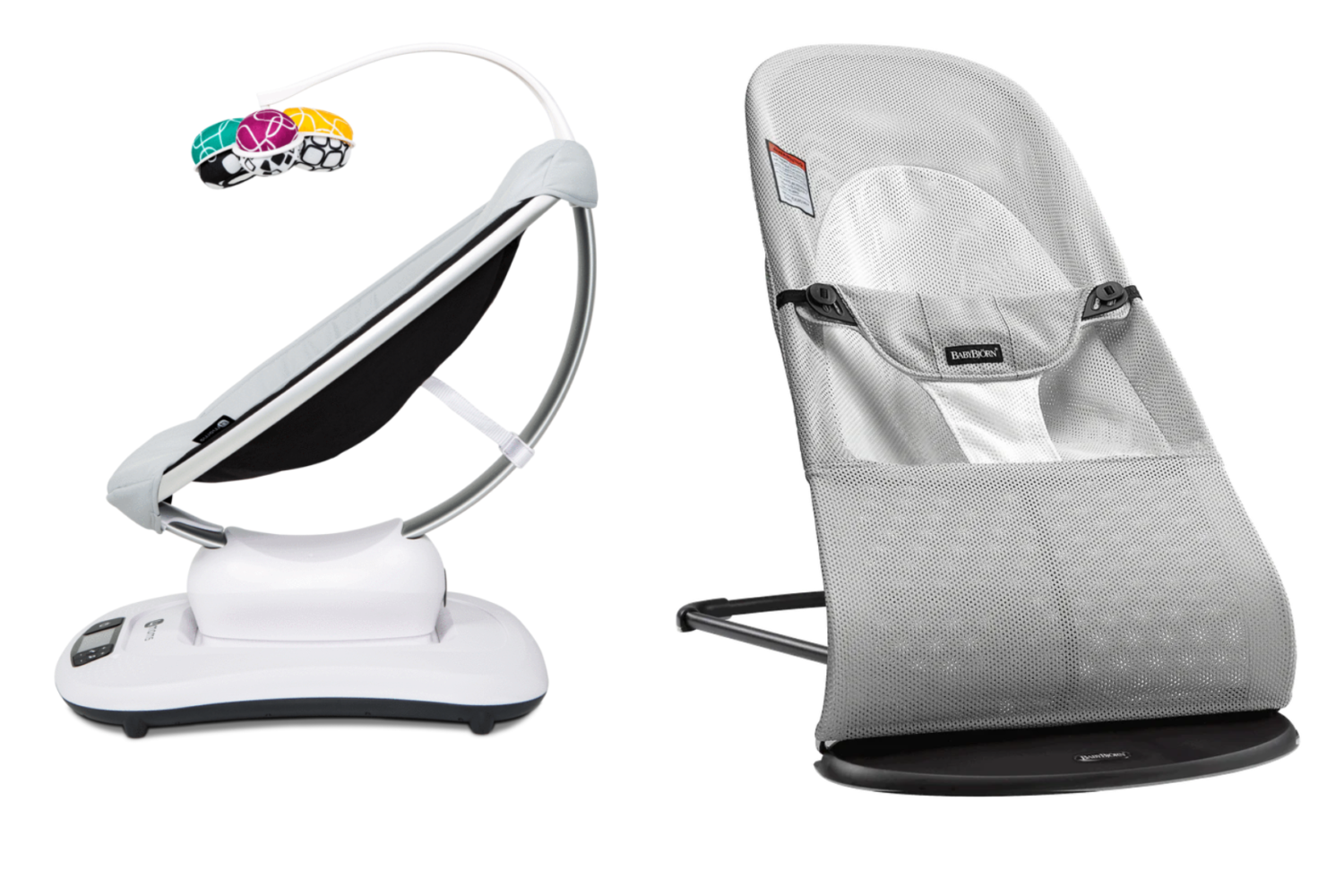Some know Amy Chua as a professor at Yale Law School, wife, and mother of two, but a far greater number recognize her simply as the “Tiger Mom.”
Chua published “Battle Hymn of the Tiger Mother” in 2011, and it was received with immediate red-hot controversy following an article entitled “Why Chinese Mothers Are Superior” in The Wall Street Journal. The article listed Chua as the author but was composed entirely of spliced together excerpts from her book.
Three years later, Chua and her husband Jed Rubenfeld have published another book, “The Triple Package: How Three Unlikely Traits Explain the Rise and Fall of Cultural Groups in America,” and tonight, Chua is scheduled for a book signing at the Charles E. Smith Jewish Day School in Rockville. Those interested in attending this free event can find more information about the event here.
As the author of one of the most debated books on motherhood, Chua spoke with Washingtonian MOM about how she feels the message behind her book was misconstrued by the media, the balance she sought to strike between Eastern and Western parenting styles, and what failure as a parent looks like.
You’re a Yale Law professor, yet you somehow still found time to supervise your daughters’ violin practice sessions. How’d you swing that?
I think any mom will tell you it was not easy. It was constant juggling and feeling that I was doing both things not well. I will say that I am so lucky to be a professor and to have flexibility in my schedule. I found myself feeling so guilty all the time, always sneaking. When my kids were little, I wanted to practice violin with them, so I would teach and then I would immediately jam all my office hours. Then a quick lunch and meeting with students for three hours, and then I would say, “I’m going to a meeting,” and then essentially sneak out, run and pick up my daughters and get in an hour of practicing, and then run back.
Were you surprised by the response to your book?
A week before the book came out my daughter Lulu said, “Mom, you do realize that nobody is going to read this book because you’re not a famous person, and no one is going to care about your memoir.” We just didn’t expect it. And I think (the attention) really was (due to) The Wall Street Journal headline and that little excerpt. At the time I was very upset about it, but now I feel like it started an important conversation.
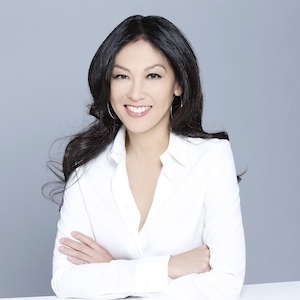
You received a lot of backlash for “Tiger Mother” after The Wall Street Journal article came out.
It’s almost ironic, because I think a lot of people have this impression of this “Tiger Mom” book as this manifesto, but I actually wrote this book in a moment of crisis. I was raised myself by very strict Chinese immigrant parents. That list that The Wall Street Journal put out–straight A’s, only play the violin, no school plays, no playdates–I sort of meant that list to be tongue and cheek, like, a little funny. And people who were raised in my immigrant community got it. They were like, “Oh my gosh, this is so funny,” but I think a lot of people thought it was a straight list.
What was the moment of crisis?
With my oldest daughter, things went really smoothly. She was an easy kid. My second one came along, and she was just this born rebel. When she turned 13, she basically rebelled in a very universally adolescent way. We have this blowout scene in Red Square, Moscow, where I suddenly realized for the first time that I might lose her. Forget school and violin, I might actually lose my daughter. The day after this huge blowout scene where Lulu said some of the harshest things that anyone has every said to me, I literally sat down and started writing this book. I wrote the whole thing in three months. It just kind of came out.
If it wasn’t ever meant to be a manifesto or a how-to for successful parenting, what was it intended as?
It’s the story of my own journey, trying to instill the values that my parents instilled in me, which I still really value. I’m a proud, strict mom, but at the same time, struggling to adjust to the very different personalities of my daughters. I see it in some ways as searching for the best way to balance the best of the East and West when it comes to childrearing. I think East and West have exactly the opposite problems: One is too harsh and too strict and too constricting, and in the West I think the pendulum has swung a little bit too far in the other direction–all “you’re amazing,” “you don’t need to do anything,” “(you have) no responsibilities.”
What’s your advice to Washington moms who want to see their children succeed?
I’m quite in favor of positive reinforcement and encouragement, but I also feel like we can ask for a little bit more of our children and hold out for a little bit more. In most cases, you’ll find that children will rise to the challenge. I think we should assume strength rather than weakness in our children. Don’t let your children give up too quickly, and another one of my favorites is that nothing is fun until you’re good at it. We like to say, “Let our kids pursue their passion and have their choice,” but if you give a six-year-old a choice to pursue his passion it’s going to be playing video games all day. Nobody wants to work and practice the piano–everybody wants to give up when things get hard.
In the book, you describe some pretty harsh scenarios, such as threatening to give away Lulu’s dollhouse piece by piece until she mastered a difficult piano composition. How far is too far?
I think as soon as you see that your children are genuinely miserable and you seem to be going for something that they don’t want, I think that’s when you need to say, “Wait a minute, why am I even doing this?” My own definition of a tiger mom is probably different than most people think. I think it’s high expectations coupled with unconditional love. That’s what I got from my own parents. The message is not–and this would be terrible parenting–that if you don’t do well in school then I won’t love you. Really, the only way I think you can fail as a parent is if your children end up not liking you. That would be the tragedy for me. If I was not close to my children, then I would’ve totally failed.


